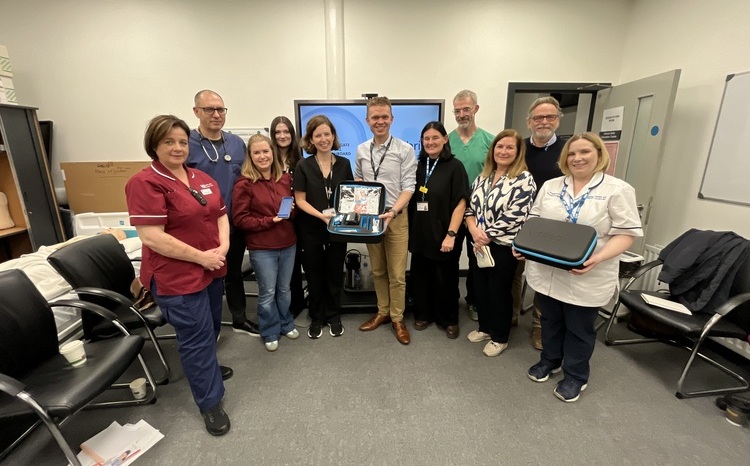Bacon seeks NAO inquiry into BT deal
- 3 September 2010
A member of the Public Accounts Committee has called on the National Audit Office to carry out an investigation into the £546m contract awarded to BT last year under the National Programme for IT in the NHS.
Richard Bacon, the Conservative MP for South Norfolk, has written to Amyas Morse, the head of the watchdog, asking him to examine the contract and whether it represents value for money.
In the letter seen by E-Health Insider, Bacon says the contract may be worth as little as £100m.
The contract, which was signed in June 2009, covered 25 installations of RiO in mental health and community settings.
In his letter, Bacon says that he understands that the typical cost to the NHS of a RiO-based implementation is £500,000, and that "even at £1m for each installation this would still only add up to £25m."
The contract also included support for the ‘Live8’ (now seven) acute trusts that installed Cerner Millennium before Fujitsu left the programme in 2008, and putting Cerner into four (now three) ‘greenfield’ sites.
In his letter, Bacon goes on: “If the generous sum of £1m per year is allowed for support at each of the seven Cerner sites, the cost over five years for the seven sites would be £35m.
“If the cost of the Cerner installations at each the three new sites were £10m – which is what NHS sites would typically expect to pay for such a deployment – the total cost would be £30m.”
Bacon also takes into consideration £10m for the transfer of work from Fujitsu’s data centre to BT’s.
He adds: “The remaining £446 million is, in my mind, not accounted for, and so raises questions of the proper conduct of business and the proper use of public money.”
As reported by E-Health Insider, Bacon first wrote to NHS chief information officer Christine Connelly in March, questioning why such a large contract had been awarded to BT for “such a small amount of activity" and how it had been calculated as being value for money.
Bacon’s latest letter asks Morse to see if the NAO can provide a detailed breakdown of what the money is being spent on; and to examine whether expenditure of this sum represents value for money.”
The MP, who has been a close follower of the National Programme for IT in the NHS, says the Department of Health was left in a difficult position after Fujitsu exited NPfIT.
However, he says: “No department should put itself in the position where it has to pay whatever a supplier wishes to charge.”
He concludes: “Indeed, any department that puts itself in such a position leaves itself open to accusations of maladministration. This is one reason I believe an investigation would be useful in this case.
"If nothing else it would be put to rest the concerns that many in the NHS are expressing over these extra payments.”




